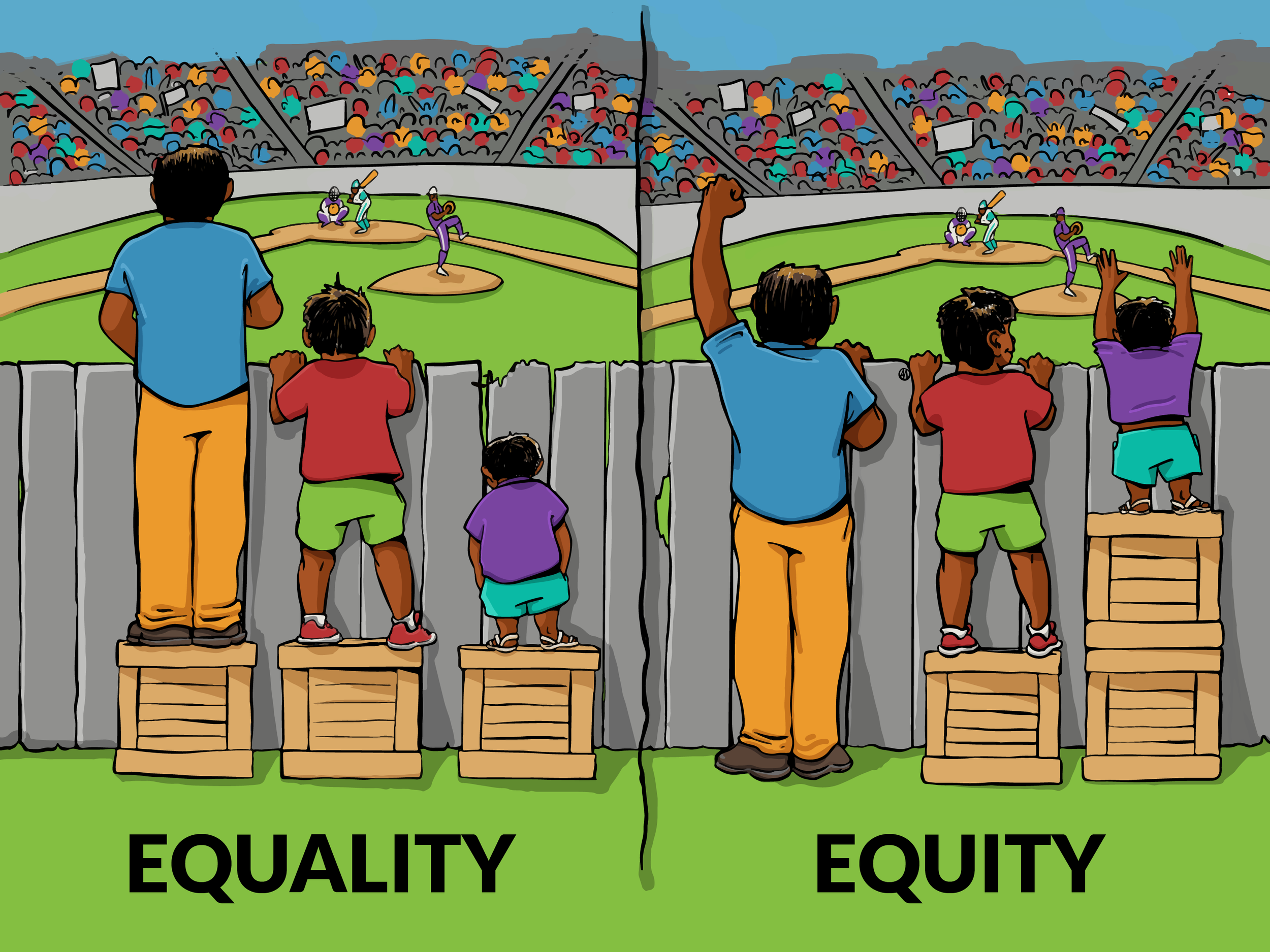Definition of Terms: Equality (Research Paper Pt. 5)
Excerpt from, “From social justice warrior to Gospel-centered servant of God: An educator’s reflection on critical theory and Christianity” (Linkletter, 2021).
Equality is a difficult word to define because it is used in many different contexts. In its most traditional sense, equality “signifies a qualitative relationship” and a “correspondence between a group of different objects, person, processes, or circumstances that have the same qualities in at least one respect, but not all respects” (Gosepath, 2021). In this paper, we will be referring to political or social equality. “It helps to think of the idea of equality or inequality, in the context of social justice, not as a single principle, but as a complex group of principles forming the basic core of today’s egalitarianism” (Gosepath, 2021). Equality is idea that everyone should have equal opportunity in life.
Rebecca
Reference
Gosepath, Stefan, “Equality”, The Stanford encyclopedia of philosophy (Summer 2021 Edition), Edward N. Zalta (ed.)
An additional note:
I have heard the terms equality and equity often used interchangeably or incorrectly. For simplicity: equality = equal opportunity and equity = equal outcome.
In my schooling to be an educator we were often shown the following image. The point was to educate us about the potential obstacles our students may face and how we can assist them. In my studies on special education we spent a significant amount of time discussing, analyzing, and problem solving obstacles students with special needs could face in the education system and in their communities. At the time, I thought this image was a wonderful example for others to see how we need to be compassionate toward eachother. I still think it is an interesting image and a great conversation starter for equality and equity.
Upon doing research into justice and critical theory and living in a community for 9 years that is considered poverty-stricken, suffering from trauma and high rates of sexual and substance abuse, I have a few thoughts and questions about the image.
It seems that in the name of equity (equal outcome) many students and families in our community are being robbed of the opportunity to develop their character and skills. I know we are not dealt the same hand. I do believe we ought to serve one another with the gifts we have been given and ask for help when and where we are lacking, but I think when we look at a person made in the image of God, look at their lot in life (location, finances, family history, education, etc.) and decide they are not capable on their own to access different opportunities and work hard to create success (and sometimes fail), we are disrespecting them.
Are we assuming that someone is not capable of the hard work, simply because it appears they have a difficult life. The families we support here do have difficult lives. There are things they have shared that I cannot image going through myself. But is it truly loving of me to hand them an equal outcome to their peers just for the sake of equity? To them, it may be temporarily satisfying, but it is not always what’s best in the long term.
If you would like to learn more about equity and equality, I highly suggest you read Thomas Sowell’s Cosmic Justice or Naomi Schaefer Riley’s The New Trail of Tears.
Rebecca
